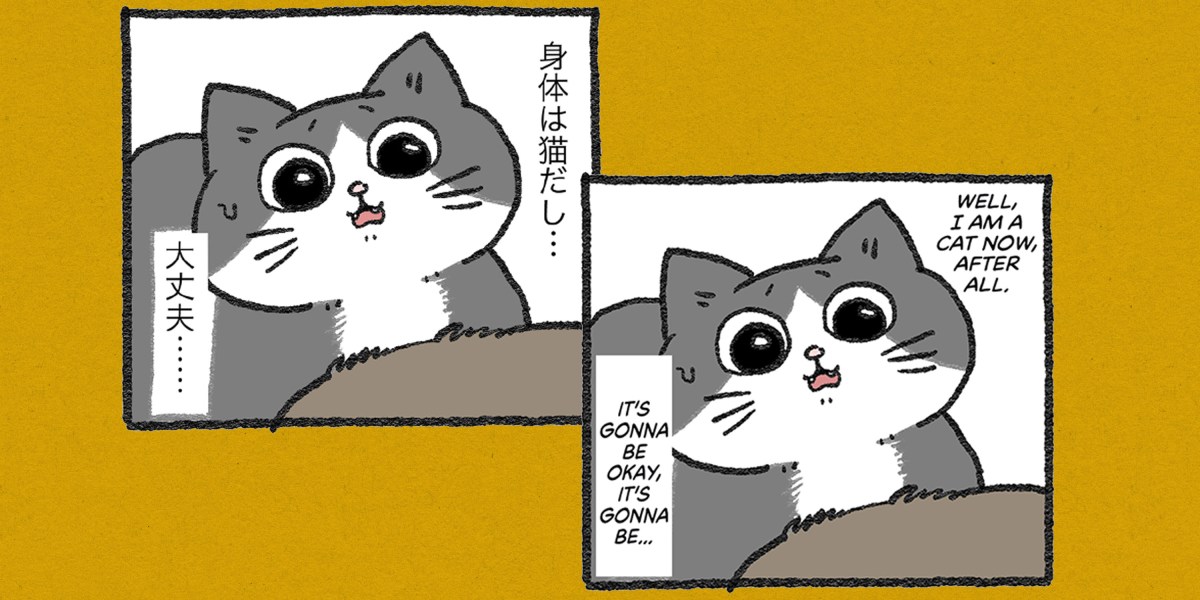Orange distributes its translations via an app called Emaqi (a pun on “emaki,” the ancient Japanese illustrated scrolls that are considered a precursor to manga). It also wants to be a translator-for-hire for US publishers.
But Orange has not been welcomed by all US fans. When it showed up at Anime NYC, a US anime convention, this summer, the Japanese-to-English translator Jan Mitsuko Cash tweeted: “A company like Orange has no place at the convention hosting the Manga Awards, which celebrates manga and manga professionals in the industry. If you agree, please encourage @animenyc to ban AI companies from exhibiting or hosting panels.”
Brienza takes the same view. “Work in the culture industries, including translation, which ultimately is about translating human intention, not mere words on a page, can be poorly paid and precarious,” she says. “If this is the way the wind is blowing, I can only grieve for those who will go from making little money to none.”
Some have also called Orange out for cutting corners. “The manga uses stylized text to represent the inner thoughts that the [protagonist] can’t quite voice,” another fan tweeted. “But Orange didn’t pay a redrawer or letterer to replicate it properly. They also just skip over some text entirely.”

EMAQI
Everyone at Orange understands that manga translation is a sensitive issue, says Kuroda: “We believe that human creativity is absolutely irreplaceable, which is why all AI-assisted work is rigorously reviewed, refined, and finalized by a team of people.”
Orange also claims that the authors it has translated are on board with its approach. “I’m genuinely happy with how the English version turned out,” says Kenji Yajima, one of the authors Orange has worked with, referring to the company’s translation of his title Neko Oji: Salaryman reincarnated as a kitten! (see images). “As a manga artist, seeing my work shared in other languages is always exciting. It’s a chance to connect with readers I never imagined reaching before.”

